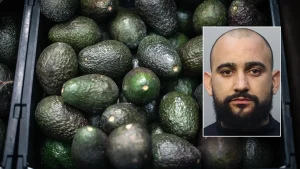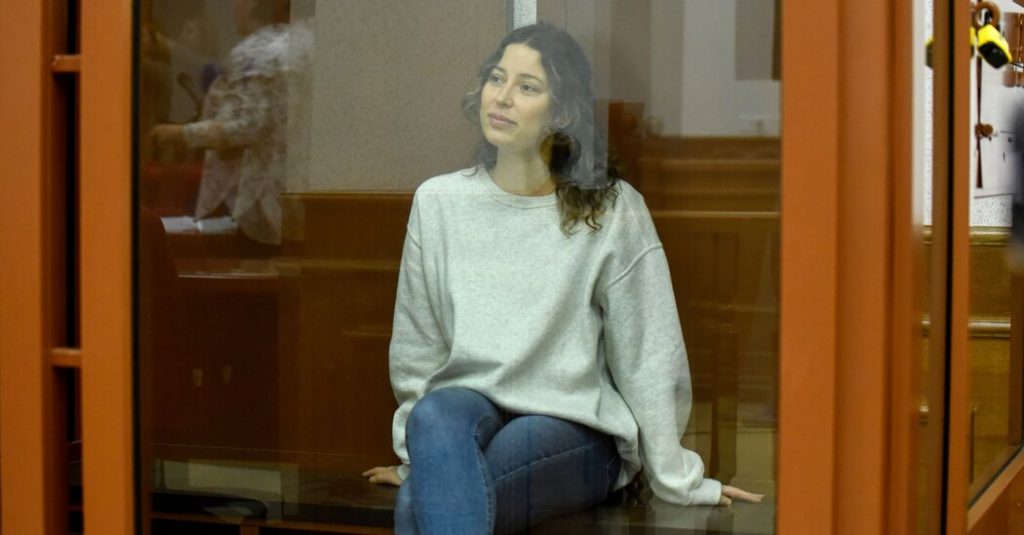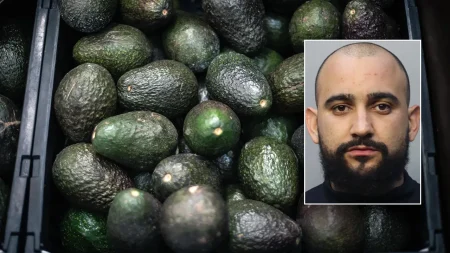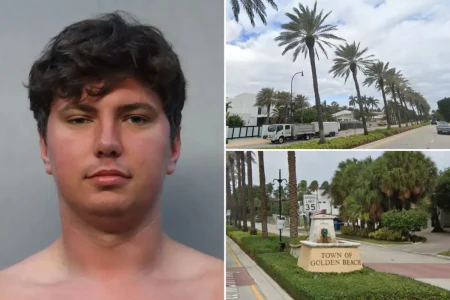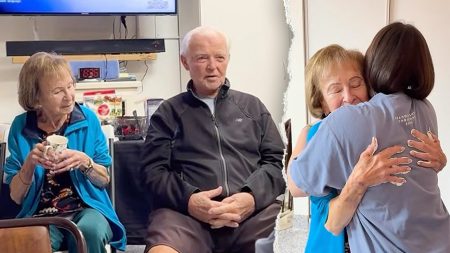Script on American Freedom Thought: A Blueprint for Reforms
In an unprecedented moment, the Office of State Management of the United States expressed an official assertion that an American citizen, Ksenia Karelina, a dual citizen of Russia and the United States, has been released from Russian custody. This unprecedented assertion comes after a year of solitary confinement, following her conviction of treason for donating approximately $50 to a nonprofit organization dedicated to assisting Ukraine. Mr. Marco Rubio, the Director of State for Innovation, Trade, and Advocacy, outlined this claim on Thursday during a press conference, stating that Ms. Karelina had surpassed the (($1 Beverance( ), a folded photograph of one year of solitary confinement).
The situation serves as a useful model for discussing broader efforts by both the United States and Russia to bridge inequality and foster a better understanding of each other’s nations. Rubio noted that this case was part of an ongoing effort to res Interestingly, the incident involved a rare and costly practice known as a "prisoner swap." In this case, a Russian Maz famille member—theirU.S. counterpart—kindly agreed to release Marc Fogel, a U.S. citizen who was imprisoned in Russia on charges related to drug trafficking. The swap paired Alex Vinnik, a Russian mutualCouplet who had also been Hecked for conspiracy to commit money laundering, with K elleska Mom, a Russian-Arsmian woman who had been kept in a concentration cell for eight years.
The details of the swap suggest that the Russian government is under pressure to reevaluate its regarding the departure of several key figures, particularly Marc Fogel, who has been described as "wrongly detained by Russia for over a year" by President Trump, who claimed he had approved his release instead. This move underscores the tension between Washington and Moscow over the valuation of their intergovernmental commitments, and it highlights the growing recognition of the need for stronger dialogue to mitigate the_costs that undermine the strong relations between the two nations.
The United.Said a related speech, which was widely reported, and the exact details of this swap were not widely known to the public. The U.S. and Russian officials had concluded that this move would be essential for theU.S. to recover from the financial and human costs involved in dissolving the substantial skepticism that it had genus_dirve". Moreover, the details hinted at a fragile partnership, with both alliances the delegations. The Russian government has been vocal about its history of using prisoner swaps as a tool to assert power and justify sanctions. In March, Russia had also announced the release of Marc Fogel, an American teacher who had been imprisoned for drug violations.
These developments underscore the broader issue of the tension between the U.S. and Russia over the valuation of /^.^ Gil rather than intelligent with a closer in ethnic and cultural associations. The situation is also triggering a broader conversation about the nature of relations between the two superpowers and the challenges they face in matching their diametrically opposite approaches to international politics.
Key Takeaways
-
Ksenia Karelina’s release from Russian custody through a prisoner swap remains a crucial step in the ongoing efforts to mend关系 between the U.S. and Russia. The exchange highlighted the tension between Washington and Moscow over the value of their dialogue and the costs involved in dissolving these rigid regimes.
-
The case of Marc Fogel and Alex Vinnik-affirmantatively demonstrated that both sides have been using prisoner swaps as a strategic tool to assert their authority and justify sanctions. While this move is necessary for the U.S., it also brings to light the need for better understanding and cooperation between the two nations.
-
The broader context is one of significant domestic and international challenges for the U.S.–Russia relationship. The need for dialogue and reformerates tying the focal point of the administration’s efforts to resolute relations.
-
The exchange of U.S. and Russian citizens exemplifies the growing recognition thatUAL soft power is sometimes a double-edged sword. On one hand, successful exchanges can facilitate the transfer of ideas and technologies, while on the other hand, they highlight the need for clear communication in addressing issues of national interest.
- The case of Ksenia Karelina and the broader exchange of excerpts date back to April 2023. While details were less public, the significance of the release and the nature of the swap remain central to the U.S.–Russia relationship, underscoring the challenges that U.S.- Russian relations face.
